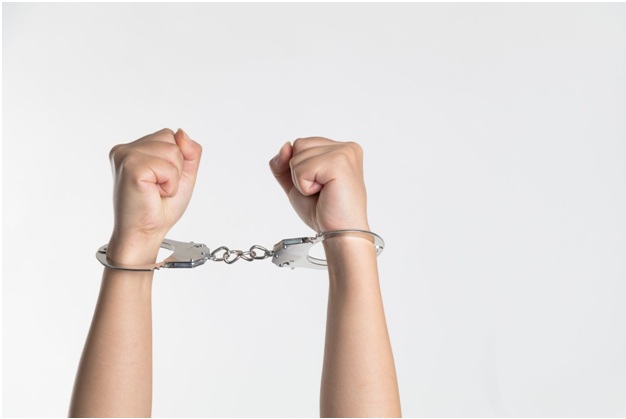Laws were created to minimize the abuse of power and control among citizens. And those who fail to comply with the established decrees will face the public in the court of law. But it’s not uncommon to encounter someone who was accused of a crime despite being innocent. The sad thing is that being wrongly arrested in Miami, for example, could lead to various strains on the physical and mental well-being of the victim.
Table of Contents
How do you identify if the arrest is unlawful?
It can be a challenging and confusing task for some people to determine if they’re currently experiencing an unlawful arrest. After all, not everyone was taught to defend themselves by invoking their rights. But when should you call “foul” to the police?
Severe restrictions
A person in authority who is conscious that they’re restricting another individual’s freedom without the latter’s consent is liable to face false arrest charges.
Suppose that you were locked up in your home by police unwillingly. You then have the right to file a legal case against that person for conducting a false arrest on you.
Kidnapping
Now, what about if you were kidnapped? Maybe you were busy tending to your garden when you were suddenly forcibly taken, which is a situation that constitutes unlawful detention of the victim.
Although this is considered a grave crime since the kidnapper intended to harm the victim, commit a felony offense, or use the individual to solicit ransom money from the family. However, bare in mind that some states oblige that the victim was taken to the border of other states before considering the crime as “kidnapping.”
Who could commit these mistakes?
In general, wrongful arrests are associated with the police and the myth that they have acted without proof. But it’s best if we try to remember that this is not a standard measurement that indicates misconduct on their behalf.
Unlawful arrests committed by police would only be recognized if it was proven that the person involved made the action without having authority in the first place or if they went beyond their scope of power.
Suppose that the police have arrested you based on the sworn statement of another individual. Still, when investigators probe the situation, they later discover that the information was a lie and a judge has approved to issue a warrant. The act would then appear reasonable within the bounds of laws.
If the police only arrested someone for being insulted with no other actions that broke the law, a prosecutor could identify the officer guilty of unlawful arrest.
Other forms of wrongful arrests
There are other reasons behind an unlawful arrest, and it may not be pleasing to the ears, but it does still happen across the country.
A significant number of people who suffered the same fate were taken into custody based on their race, mistaken identity, absence of just cause, incompetence, personal gain, pure malice, lack of valid grounds for arrest of the individual, and the intentional skip in reading the Miranda Rights of the victim.
What legal steps should I take?
If you find yourself being illegally arrested with no valid grounds, you have the liberty to call on a trusted criminal defense lawyer in your area and remain silent.
You must first have a prior discussion with an attorney before discussing filing a case against the police who took you.
A lawyer would be able to identify if your rights were actually violated, and if it was the case, then there will be a scheduled meeting in the courtroom with the officers who arrested you.
Some criminal charges that you could use as grounds are the following:
- Damage to reputation
- Embarrassment
- Physical harm brought during or after the arrest took place
- Lost salaries
- Punitive damages
- Excessive force
- Prosecution with malice
- Incurred illness during or after the unlawful arrest
- Wrongful death
Should I resist if the arrest is wrongful?
It is important to note that people who feel like their arrest is unlawful could resist it and state their sentiment to the officer in charge. Then the police would request supporting evidence.
Once it was proven that the arrest was wrongful, the police are no longer legally allowed to arrest the person. But if no evidence is showcased, the individual must cooperate with the officer.
You must also be familiar with the rule of the thumb that resistance to arrest should not be dangerous or violent to the police in any way.
Yet, if the person ultimately believes that they haven’t broken any law that will constitute the arrest, they could state the same sentiments again in front of their lawyer. Despite this, not all courts would permit the defendant the chance to prove such a claim. This is due to the fear that the suspect would flee the area once the request was granted.



















